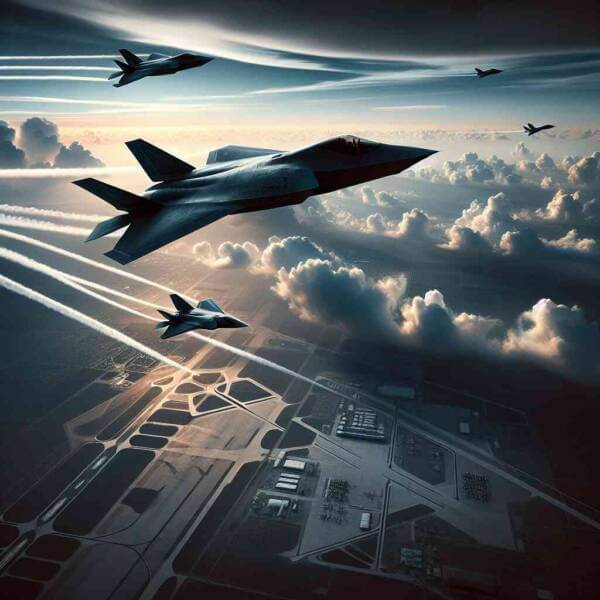What Is Military Aviation?
What Is Military Aviation?
Blog Article

The use of aircraft in military operations provides strategic advantages.
Nations invest heavily in military aviation to maintain superiority.
The Evolution of Military Aviation
Military aviation started during the early 1900s, with aircraft initially used for observation.
Major milestones in military aviation history include:
- The introduction of fighter planes and bombers
- Creation of long-range bombers and jets
- The Cold War era
- Modern drone warfare
Each era brought new technologies that pushed the limits.
Different Roles of Military Planes
Understanding the types of military aircraft helps in appreciating the complexity of modern air forces.
Major aircraft classifications:
- Planes built for speed and agility
- Aircraft for long-range attacks
- Transport aircraft
- Reconnaissance and surveillance drones
Each type plays a key part in military operations, from striking enemy targets.
Why Control of the Skies Matters
Air superiority is crucial for achieving military success.
Strategic advantages of air dominance:
- Providing close air support
- Disrupting enemy supply lines
- Early warning and real-time data
- Demonstrating power and deterrence
Nations with strong military aviation capabilities can control conflicts.
The Next Generation of Military Aircraft
Constant research and development push boundaries for future warfare.
Future technologies in military aviation:
- Stealth technology
- Ultra-fast strike capabilities
- Unmanned aircraft operating independently
- New forms of aerial weaponry
These advancements enhance lethality for air forces worldwide.
Risks and Limitations
From high costs to geopolitical tensions, the road to air dominance is never simple.
Major obstacles to overcome:
- Rising development and maintenance costs
- Need for constant upgrades
- Securing digital communications and data
- Ethical concerns with autonomous weapons
Addressing these challenges is necessary for effective defense strategies.
Future of Military Aviation
The future of military aviation promises radical innovations.
Future trends may include:
- Smarter decision-making systems
- Defending assets beyond Earth
- Developing sustainable aviation technology
- Joint defense projects
The next era of military aviation will redefine defense.
Final Thoughts on Military Aviation
Military aviation remains an irreplaceable element in global defense.
As technology continues to evolve, the skies will remain a vital domain where military aviation safeguards freedoms.
The future of military aviation more info is more dynamic than ever — and it’s only just beginning. Report this page